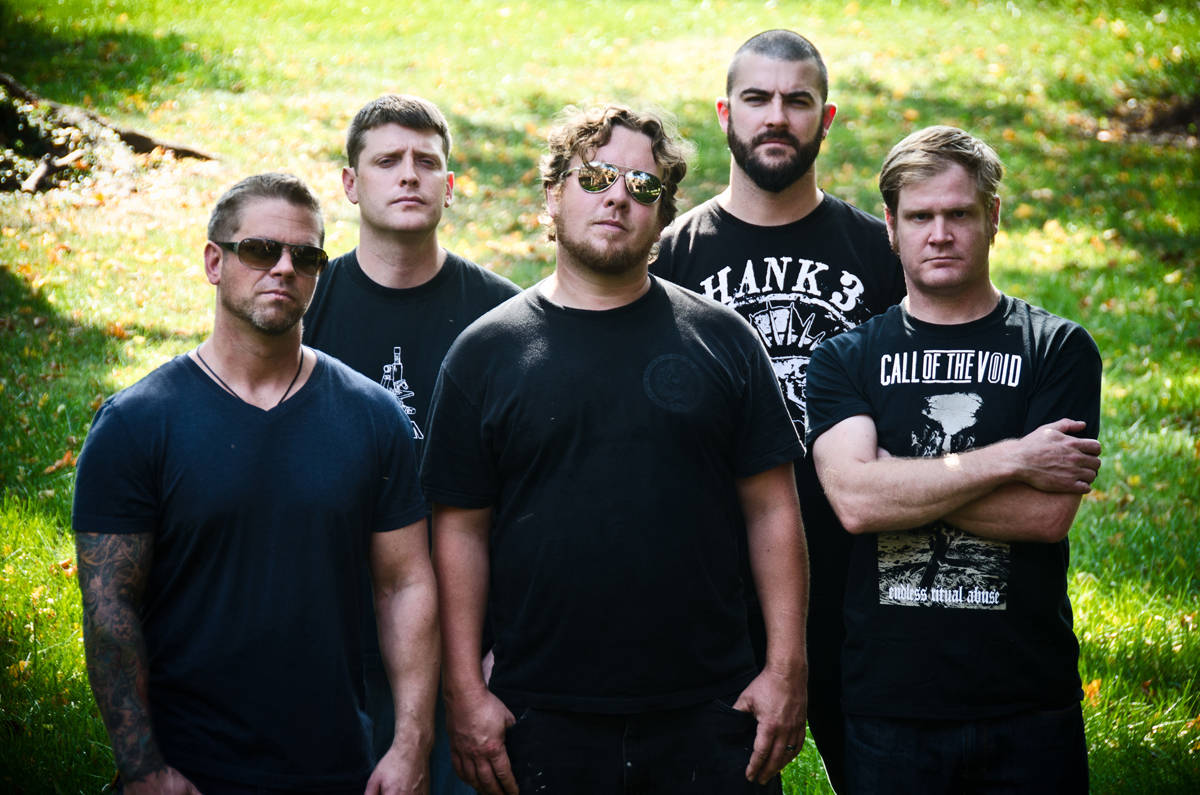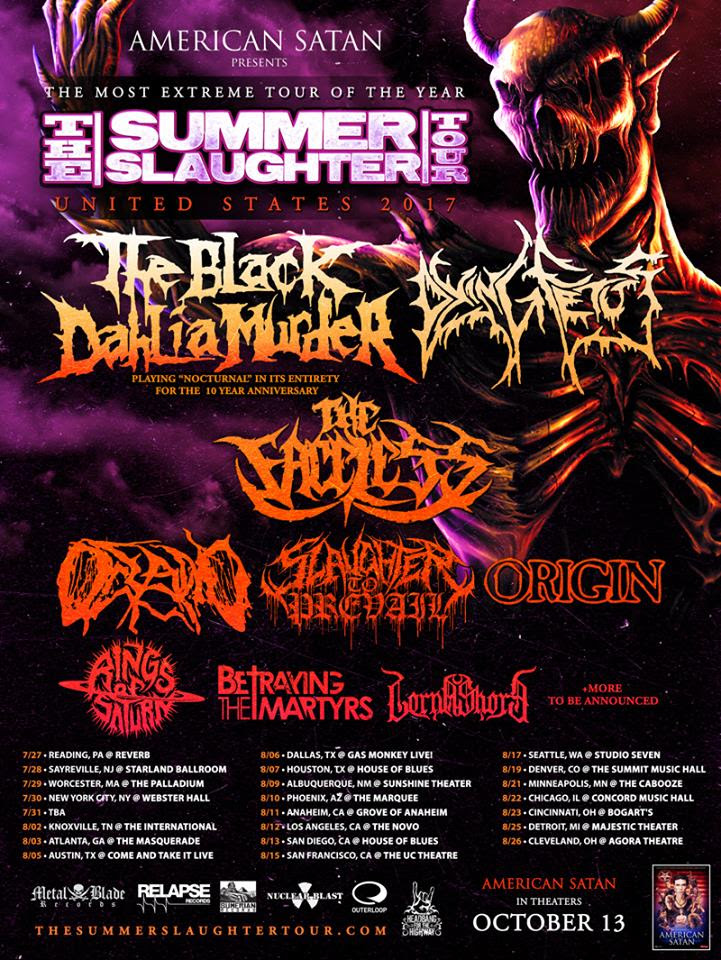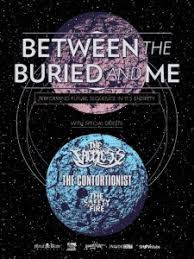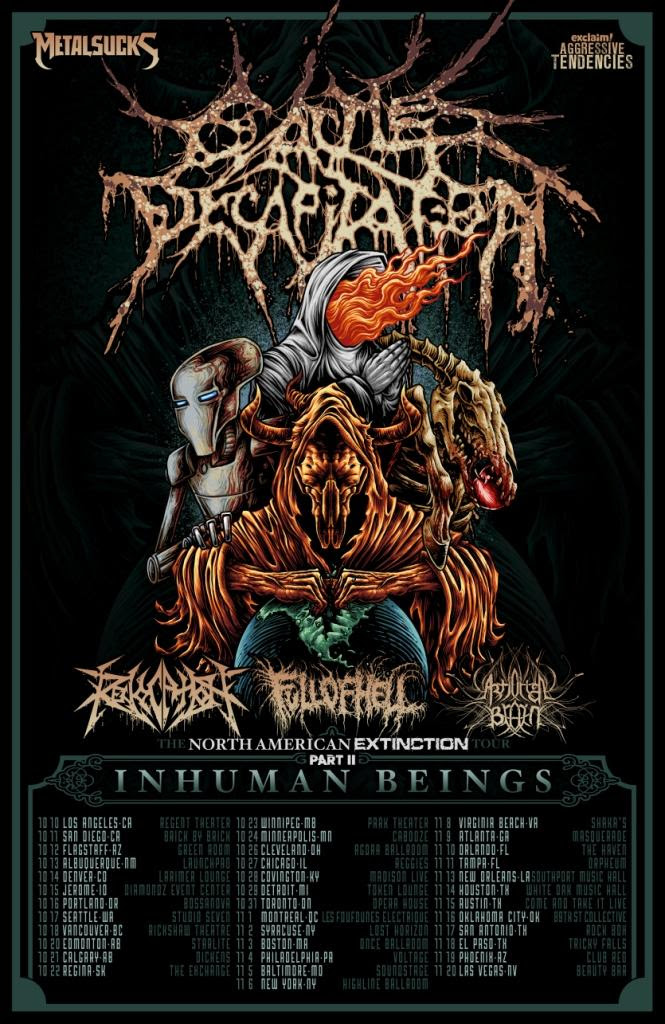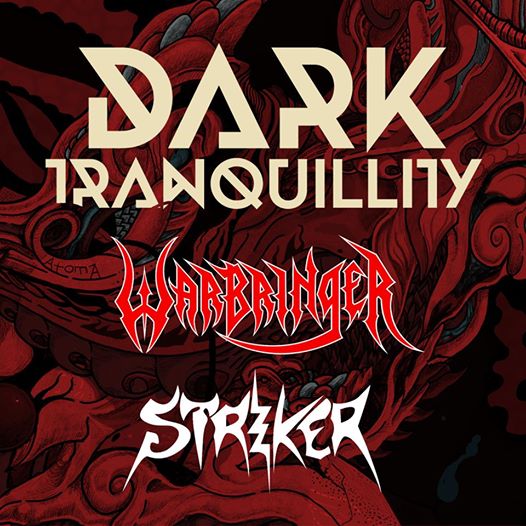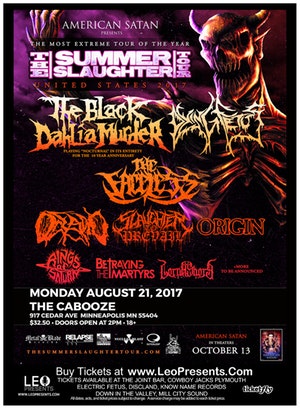Apex Theory Bio

Art - guitar
Andy - vocals
David - bass
Sammy - drums
Genres
The Apex Theory showcases the Los Angeles band's powerful and dynamically unpredictable music. The five-song EP, the quartet's major-label debut, presents to a wide audience the unusual blend of heavy, intricate rhythms and Mediterranean-influenced sounds that suggest the members' shared musical and ethnic backgrounds.
Singer-lyricist Andy Khachaturian explains: "We thought coming with an EP before our full-length DreamWorks album would be the best way to introduce ourselves. It's very important to us as a band to have people come into what we do slowly. We've found it's the most solid way to build a true fan base."
Don Gilmore (Linkin Park, Sugar Ray, Lit, Eve 6, Pearl Jam) produced The Apex Theory (released Oct. 9, 2001), which includes the songs "Shhh…(hope diggy)," "Bullshed," "Swing This," "4RA's" and "Trust Ease." Rich Costey (Rage Against The Machine, System Of A Down, Dave Navarro) served as mixer.
Andy, guitarist Art Karamian, bassist David Hakopyan and drummer Sammy J. Watson played these tracks and others (many of which are expected to appear on The Apex Theory's forthcoming full-length debut) while on the road with the 2001 Vans Warped Tour.
Says Andy: "Warped was awesome. It gave us a chance to get out there and play in front of people who weren't necessarily there to see us, and the reaction we got was very positive, very welcoming. That was a pleasant surprise, especially in places we hadn't played before, like Fresno [Calif.], Denver and up in Montana."
In addition to providing a sense of camaraderie - "It was like being in summer camp, part of this big, traveling musical circus going from town to town" - the tour definitively proved to Andy that he could go the distance vocally: "At one point there was a seven-day run where I was singing early in the day. That really worked the pipes, to say the least, but I came out of it alive so all was good. I guess if you can sing seven days in a row and keep it consistent, you must be doing something right!" . What the band has also done right since their formation in 1999 is pay respect to their musical roots. Khachaturian, Karamian and Hakopyan are all of Armenian descent. Watson is not, but he is nonetheless a key factor in The Apex Theory's "heavy Mediterranean groove."
Three quarters of the group were raised in the Los Angeles area; Watson grew up in Chimacum, Wash. As teens they sponged up a variety of musical genres, everything from heavy metal and pop to jazz and classical. But long before then, David, Art and Andy were already absorbing the Mediterranean, Middle Eastern and Near Eastern music they heard at home.
Andy's father is Greek-Armenian, so music from both countries permeated the Khachaturian household. David's parents arrived in the States from Armenia when he was a preschooler. Some of the bassist's earliest inspirations came from the unusual time signatures he heard in the music played at weddings and other celebrations. Art's family is Armenian, but he was actually born in Iran. The Karamians immigrated to the U.S. when he was very young, so he grew up amid yet another multicultural collage of sound.
"Hearing all that different stuff had a lot to do with shaping our internal ears - our slookh," says Andy, using an Armenian term that roughly translates as "musical instinct." "Some of the rhythms, time signatures and minor-key things we play might feel a little odd to people, but to us, they're quite close to home."
This is illustrated vividly on The Apex Theory, each song of which is credited to the group as a whole because each Apex member is a significant contributor to the band's compositions and arrangements. "We always create together, but it's completely different each time," Art says. "That's what keeps the collaboration fresh. The spontaneity of that is beautiful."
The Apex Theory's past goes back more than a dozen years, when Andy (who'd started out playing accordion and piano before switching to drums) and David (who'd progressed from piano to guitar to bass) met as junior high students attending a private Armenian school in Hollywood.
The pair played in numerous bands together and separately throughout their high school years. Meanwhile, Andy met Art in another pre-Apex band, and they, too, connected musically and socially. The Apex Theory began to take its present shape when the three finally played together and Andy made the decision to get out from behind the drums to focus on vocals.
But finding a new drummer who shared their sensibilities and commitment proved to be a frustrating experience. David recalls one audition: "This guy sat down at the kit, and we started playing one of our songs that had a few time-signature changes. He gave up after about 30 seconds. He said, 'This is too much work.' The dude just packed up his sticks and walked out."
Andy, David and Art had just about given up when Andy heard Sammy playing in another band and invited him to sit in with The Apex Theory. Sam's eclectic background, accomplished musicianship and easygoing nature quickly landed him the throne.
He says: "My background was rock 'n' roll, but for the last several years I've also been listening to and playing a lot of different stuff, from jazz to Indian to Latin to old-school reggae. In all that music, there was always a great drummer involved. I think I bring a kind of jazz approach to rock by adding polyrhythms, dynamic sensitivity and odd meters that create an internal beat. I'll admit that some of the band's rhythms were foreign to me at first - for instance, Dave introduced me to drum-and-bass, jungle-style playing. We may come from different worlds, but the moment we pick up our instruments, none of that matters."
The Apex Theory went public in January 1999. They played their first formal showcase just two months later at the famed Troubadour in West Hollywood. The four-piece quickly developed a rep for intense live performances, packing clubs all over Hollywood and attracting an ever-growing army of record company A&R scouts.
Apex later recorded a show at The Roxy, burning their own CDs of the gig, which they made available to fans at subsequent performances. Encouraged by the energetic response, the band went into a Van Nuys, Calif., studio in 2000 and cut their debut recording, the EP extendemo, which they also released on their own. David points out: "We never sent our music to record labels. None of us were into the industry end of things. The whole idea was, let's just write some songs that come from the heart and go out there and play shows."
Label reps continued to approach The Apex Theory, however, with DreamWorks Records principal Michael Goldstone ultimately tendering an offer they could not refuse. In early 2001, the band entered NRG Studios in L.A. with producer Gilmore to cut the material bound for The Apex Theory, among numerous other tracks.
Asked about his personal creative method, Andy says his experience as a drummer has a lot to do with his writing and the way he sings; often, the sound and rhythm of a lyric has as much impact as its meaning. He further explains that his lyrics, which frequently concern questions of identity, are stream-of-consciousness and thus open to interpretation by each listener.
The band's name, too, can be viewed from a number of angles. Andy comments: "We came up with 'The Apex Theory' when we started talking about what we wanted to accomplish with our music, what we wanted to say. When I visualize the four of us playing together, the feeling I get is of moving forward and upward, musically and spiritually. It's this idea of trying to go for it in life, trying to strive for the positive in everything."
Confirms Art: "The name means different things to each of us. To a degree, in my eyes, it's about empowerment." David states: "The apex is the highest point of something, but the journey of getting to that point is what's most important. I feel like right now we're in that journey. I really do believe that if you put your heart into something, you can accomplish anything you want. That's what it comes down to - that's The Apex Theory."
Click here to update bio

